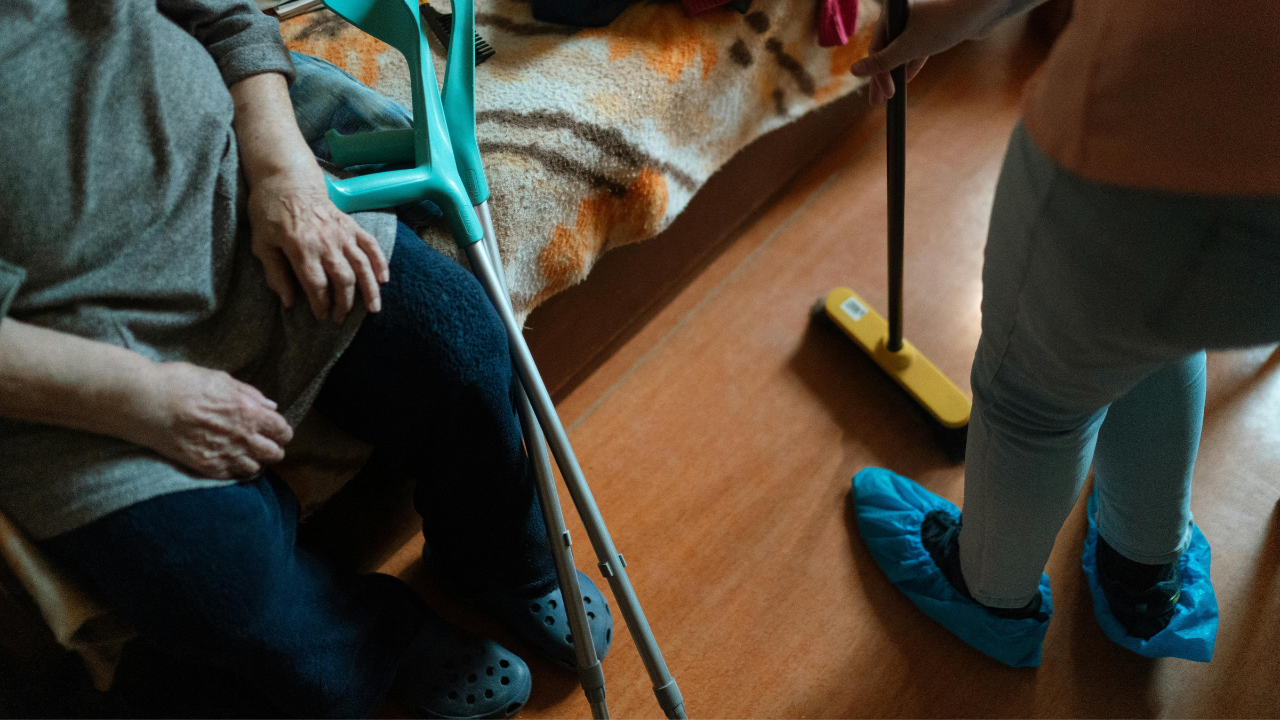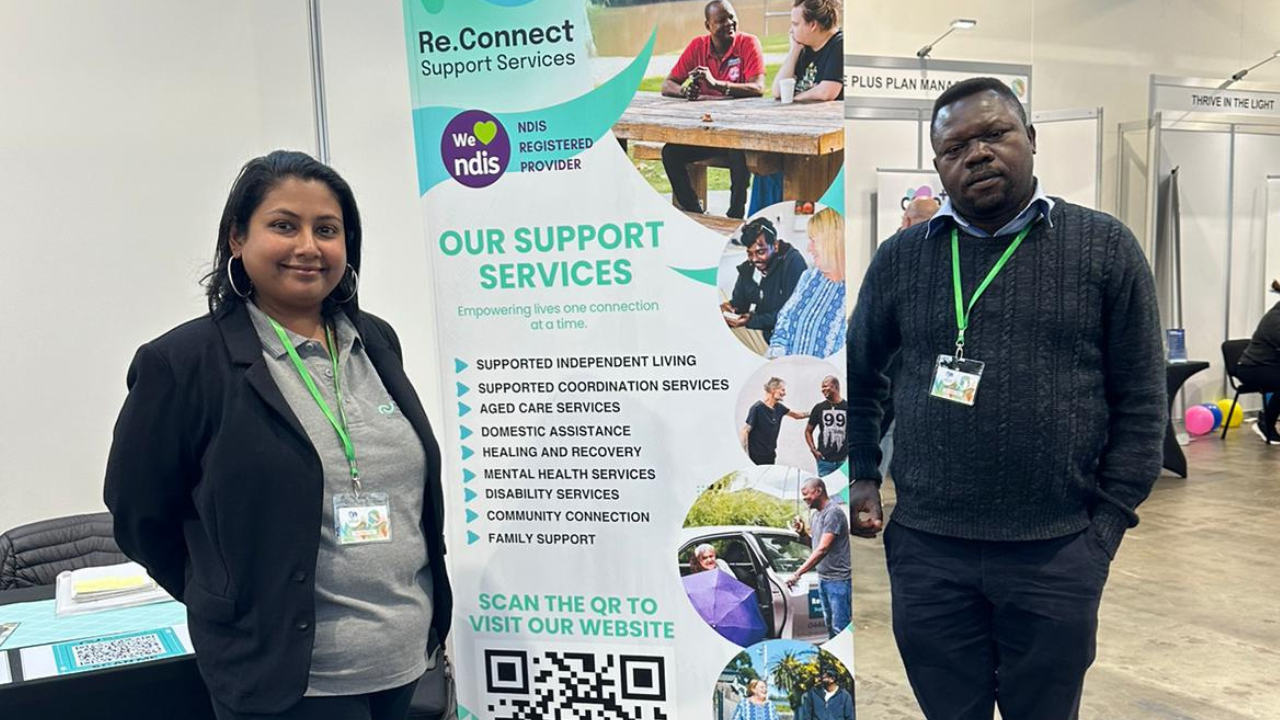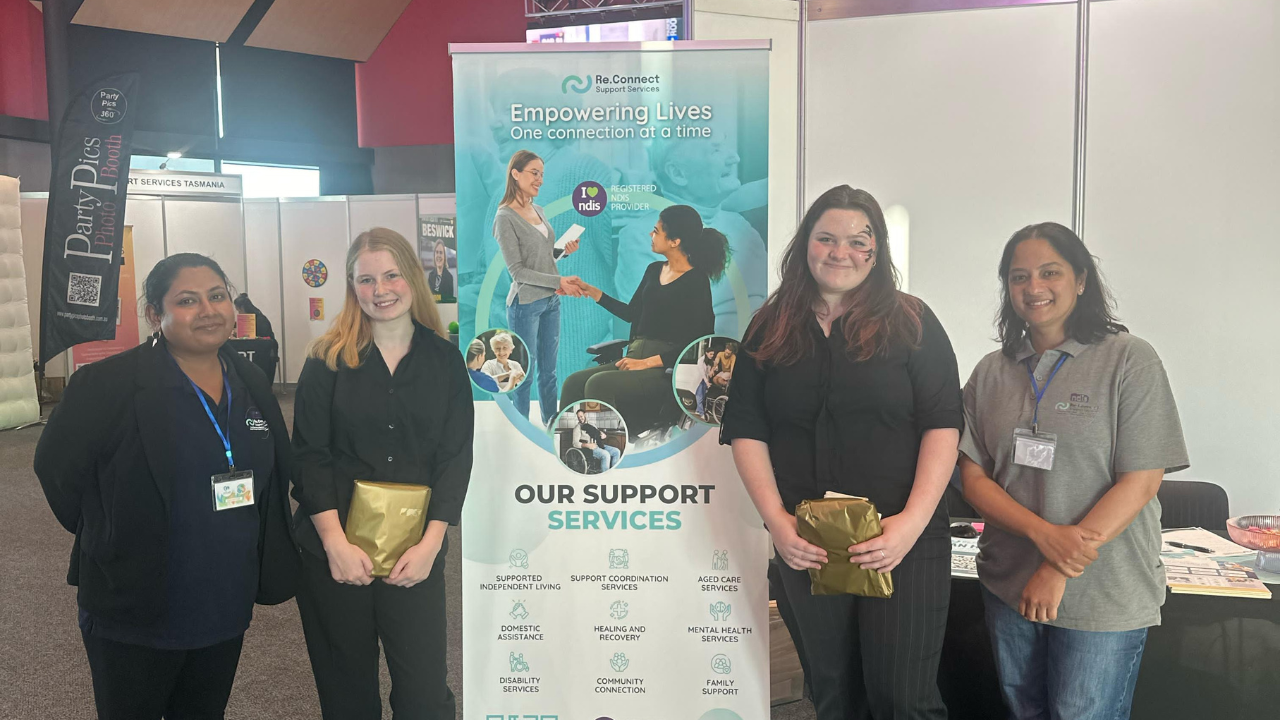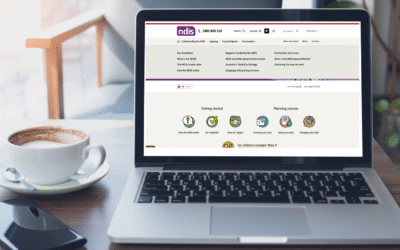Quick Answer Box
Q: What are NDIS daily living supports?
A: NDIS daily living supports are part of the Core Supports support category in an NDIS plan. They include assistance with daily life such as personal care, meal preparation, cleaning, laundry, and grocery shopping. Delivered by trained support workers, these support services help people with a disability manage everyday tasks and live as independently as possible.
Introduction: Why Daily Living Supports Matter
The National Disability Insurance Scheme (NDIS) provides funding for different supports that enable people with disability needs to manage their daily activities and pursue independence.
NDIS daily living supports are designed to promote independent living, enabling participants to live as autonomously as possible in their own home or supported environments.
For many NDIS participants, these support services are the difference between relying heavily on family and being able to live independently in their own home.
By covering help with daily living activities such as personal hygiene, household chores, and social activities, the NDIS offers practical ways for people to achieve their goals and reduce stress in daily routines.
Eligibility for Support
To access NDIS assistance with daily life, individuals must demonstrate a genuine need for support with everyday tasks due to a permanent and significant disability. The NDIS carefully assesses each person’s unique situation, focusing on how their disability impacts their ability to manage daily living activities independently.
During the planning process, an NDIS planner will work closely with the participant to identify which daily life supports are necessary. This collaborative approach ensures that the plan is tailored to the individual’s needs, outlining the specific funding and services required to help them achieve their goals and live as independently as possible. Eligibility is based on the impact of the disability on daily tasks, not just the diagnosis, ensuring that support is provided where it is most needed.
What Are NDIS Daily Living Supports?
Daily living supports are part of the Core Supports category. They are designed to assist with everyday activities that a person living with a disability may be unable to manage alone.
They cover both essential personal activities—like showering or eating—and broader everyday tasks, such as maintaining a home or travelling on public transport. The funding ensures NDIS participants have access to the right services that match their individual needs.
In addition to ongoing daily living supports, the NDIS also offers improved daily living supports, which focus on building skills and increasing independence for greater community participation.
Daily Life Examples Covered by NDIS
When people ask for daily life NDIS examples, the list is broad and flexible depending on the plan. Some common daily personal activities include:
- Personal care and personal hygiene such as showering, dressing, grooming, and continence support
- Meal preparation and help with dietary needs to ensure healthy eating
- Household chores like cleaning, laundry, and basic home maintenance
- Daily tasks such as organising appointments or planning meals
- Community access including transport, shopping, and social activities
- Assistance with grocery shopping to make sure food and personal items are managed
These support services enable participants to live life stress free, stay safe, and develop skills over time.
Explore the official NDIS daily personal activities guide.
Meal Preparation Support

Meal preparation support is an important part of NDIS assistance with daily life, designed to help individuals manage one of the most essential daily tasks—eating well. Support workers can assist with every step of meal preparation, from planning nutritious menus and shopping for groceries to preparing and cooking meals that meet specific dietary needs.
This support can be provided in the participant’s own home or in a community setting, depending on what works best for their lifestyle. For some, support workers may take a hands-on approach, while for others, they may offer supervision and guidance to help build confidence and independence in the kitchen. NDIS funding can be used to access this type of assistance, ensuring that everyone has the opportunity to enjoy healthy meals and maintain their wellbeing.
What Daily Living Supports Do Not Cover
While daily life funding is generous, some costs are funded separately or outside of the NDIS assistance scope. These include:
- Utility bills, rent, and household expenses
- Meals and personal items not related to disability needs
- Specialist therapies (covered under Capacity Building supports)
- Assistive technology or home modifications (covered under Capital Supports)
- Short term accommodation or respite (covered separately)
This ensures that NDIS funding for daily living is directed toward the support services that genuinely help participants manage their disability needs.
How Funding for Daily Living Works
Daily living activities are funded under the Core Supports category of an NDIS plan. The NDIS planner works with participants during the NDIS planning meeting to decide how much support will be funded. During these planning meetings, the NDIS regularly conducts a review of each participant’s support needs to ensure the supports and funding remain appropriate as circumstances change.
The plan manager or support coordinator can then help participants access an NDIS registered provider who delivers the support services. The funding is flexible, allowing people to move between different supports such as assistance with daily life, consumables, or transport, depending on their different needs.
The Role of Support Workers
Support workers are trained professionals who assist with daily tasks and everyday activities. Their role is to help participants maintain their independence while ensuring safety and dignity.
They may:
- Help with personal hygiene and personal care
- Assist with meal preparation and cleaning
- Support with grocery shopping or transport to appointments
- Encourage participation in community and social activities
Learn about the NDIS Code of Conduct that all support workers must follow.
The Importance of Support Coordinators and Plan Managers
- A support coordinator connects participants with the right services and ensures they receive support suited to their individual needs.
- A plan manager helps oversee NDIS funding, pay invoices, and manage budgets for daily life NDIS supports.
Together, they make sure that funding is used effectively, services are reliable, and participants remain on track with their NDIS plan.
Building Independence Through Daily Living Supports
The aim of daily life funding is not just to provide care but to help participants achieve more independence.
Examples include:
- Learning to cook through guided meal preparation
- Building routines for cleaning and laundry
- Developing confidence to use public transport
- Joining training or community programs to build skills
For practical advice, see Disability Gateway – Living Independently.
Who Provides Daily Living Supports?
Daily living supports must be delivered by a NDIS registered provider, ensuring quality and safety. These organisations follow strict standards set by the NDIS Commission.
Choosing the Right NDIS Service Provider
Selecting the right NDIS service provider is a crucial step in accessing high-quality support services that truly meet your individual needs. When considering providers, it’s important to look at their experience, reliability, and the range of services they offer, such as daily living assistance, personal care, and meal preparation.
NDIS registered providers, like Support Network, employ skilled support workers who are trained to deliver assistance with daily living activities in a way that promotes independence and dignity. Take the time to research and compare different providers, considering factors like cost, availability, flexibility, and how well their services align with your goals. By choosing a provider that understands your unique needs, you can access the right support to live independently and achieve your aspirations with confidence.
Practical Tips for Participants and Families
- Assess your daily living activities before your NDIS planning meeting
- Explore support providers that specialise in disability support
- Keep communication open with your plan manager and support coordinator
- Choose support workers who empower rather than replace independence
- Carers can also access Carer Gateway for additional support
Conclusion: Daily Living Supports as a Pathway to Independence
NDIS daily living supports are essential for managing everyday tasks like personal care, meal preparation, and household chores. They allow people to live as independently as possible, stay connected to their community, and reduce stress in their routines.
With the right mix of support providers, guidance from a support coordinator, and careful management of NDIS funding, participants can achieve greater independence and confidence in their daily life.
At Re.Connect Support Services, our friendly team helps participants find the right services, match with support workers, and design a plan that makes daily living easier and more empowering.
Learn more about daily living supports on NDIS.gov.au.







